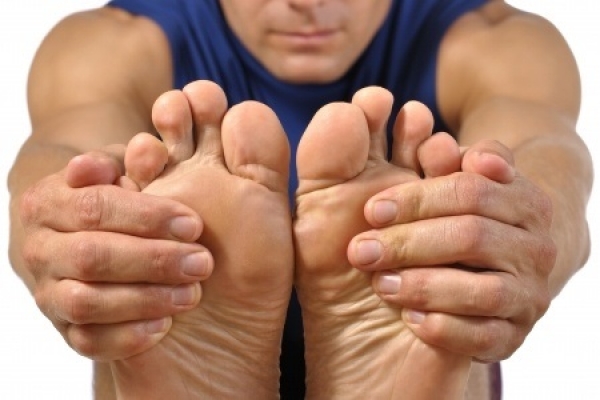One thing just about everyone knows about hammertoe is how to recognize it. The telltale downward bend of the toe in the shape of a hammer make it an obvious deformity to spot. At Superior Foot & Ankle Care Center we have found that beyond its appearance, many patients don’t have all the facts about this condition. Below are some common questions and answers about hammertoe:
- What’s the cause of hammertoe? This condition is often the result of a muscle imbalance but can be exacerbated by wearing shoes that don’t fit well or styles that have narrow toe boxes or force the foot into the front of the shoe, like high heels. Other possible factors in a hammertoe forming are genetics and arthritis.
- Which toes are affected? The second, third and fourth toe are usually the ones affected by this condition.
- Is all the pain and discomfort in the joint? No. While the abnormal position of the toe does cause inflammation, pain and discomfort, corns often form on the top of the toe due to the friction of rubbing on shoes and calluses may develop in the ball of the foot from the excessive pressure caused by the bent toe.
- How are hammertoes treated? Treatment of hammertoe is multi-dimensional. Our podiatrists, Dr. Victoria Foley and Dr. Constance Omelas will want to perform a complete examination of your toes and feet, which may include x-rays. If you are experiencing a fair amount of pain, anti-inflammatory medications and cortisone injections may be recommended to reduce the pain and inflammation. To correct the hammertoe, custom orthotics and/or splinting and taping the affected toe may be an option. Physical therapy and exercise can help stretch and strengthen the toe.
- Will hammertoe go away without treatment? Hammertoe is a progressive condition. In fact, if left untreated, the toe will become increasingly rigid in its bent position and eventually will only be correctable with surgery.
If you have noticed any signs of hammertoe, the sooner you get it evaluated the less intense and more successful non-surgical treatment is likely to be. Contact our Long Beach office for an appointment by calling: 562-420-9800.
